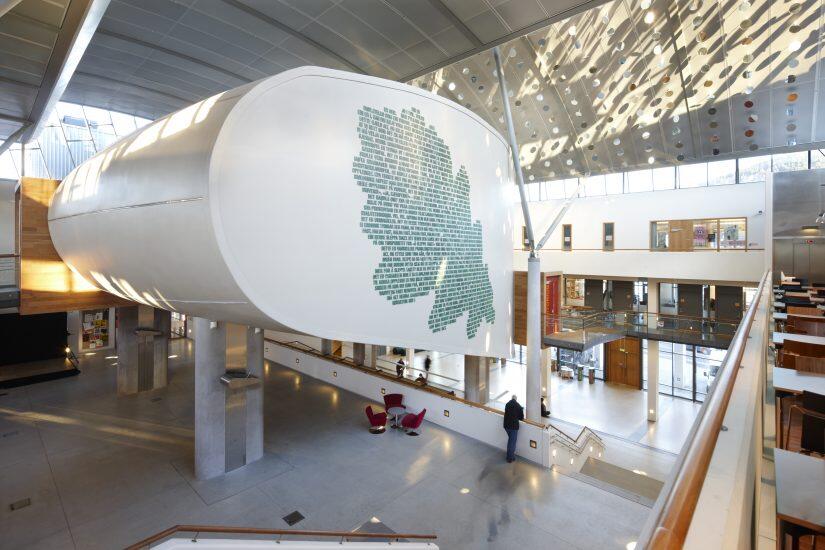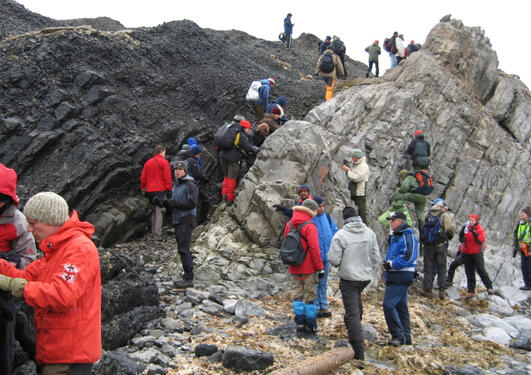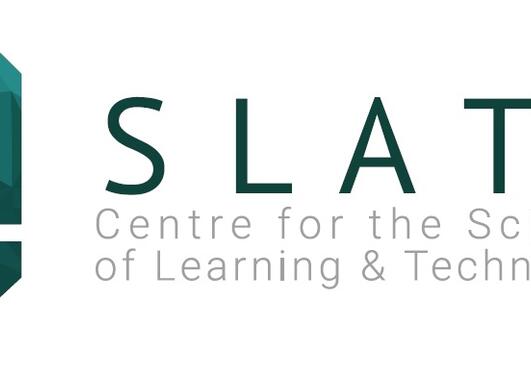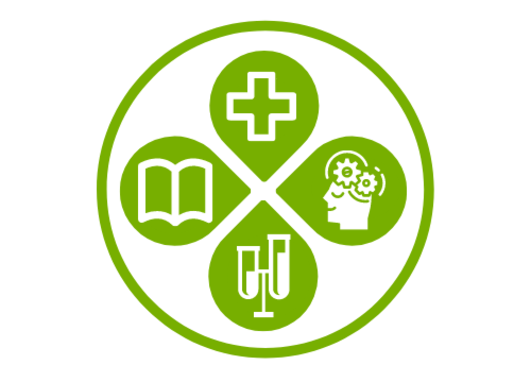UiB Læringskonferanse 2023
We invite you to attend the 2023 UiB Læringskonferanse on Transformative Learning and Teaching.

Hovedinnhold
Transformative Learning and Teaching
The Program of University Pedagogy invites you to attend the UiB Læringskonferanse, held at UiB on April 25, 2023. The UiB Læringskonferanse is free and open to all members of the UiB community. It is an opportunity to learn, discuss and celebrate transformative and research-based practices in university teaching and learning. The day will include keynote speakers and workshops, paper panels and poster presentations. We invite all teachers at UiB to attend the conference.
The Læringskonferanse will feature over 40 sessions, including keynotes, workshops, and paper or poster presentations. The contributions share inquiry on teaching and learning from the UiB community. Presentations on practice and research will focus on student learning through examination of classroom teaching practices, field or practical teaching, use of educational technologies, curriculum revision, use of accessible and inclusive teaching methods, and supervision. The Læringskonferanse is intended to be an opportunity to connect with a community of teachers and to learn together about transformative teaching practice.
Important Dates
Register by 20. April 2023
The Læringskonferanse takes place on 25. April, 8.30-16
Conference schedule
For details, please see the link to the detailed program below.
| TIME | PROGRAM | DESCRIPTION | LOCATION | ||
| 8.30 | Registration | Coffee & sweets | Hallway Studentsenter | ||
| 9.00 | Keynote Address 1 | Introduction by Pinar Heggernes, Keynote by Cathy Bovill: | Egget | ||
| 10.30 | Break | Coffee & sweets | Hallway Studentsenter | ||
| 11.00 | Parallel Sessions A | Rooms: Paper presentations | Hallway: Poster presentations | Studentsenter | |
| 12.00 | Lunch Break | Light lunch | Hallway Studentsenter | ||
| 13.00 | Parallel Sessions B | Rooms: Paper presentations | Hallway: Poster presentations | Studentsenter | |
| 14.00 | Break | Coffee & sweets | Hallway | ||
| 14.30 | Keynote Address 2 | Keynote by Crina Damşa: | Egget | ||
| 16.00 | Social Event | Music & sweets | Hallway Studentsenter | ||
Keynote by Cathy Bovill

Foto/ill.:
Cathy Bovill
|
| Catherine Bovill is Professor of Student Engagement in Higher Education at the Institute for Academic Development (IAD), University of Edinburgh. She is a National Teaching Fellow, a Visiting Fellow at the University of Bergen, Norway, Principal Fellow of the Higher Education Academy and Fellow of the Staff and Educational Development Association. Cathy leads a range of strategic student engagement work at the University of Edinburgh including: co-chairing the Curriculum Transformation Programme Student Engagement Strategy Group; the Student Partnership Agreement and funding scheme; and managing the IAD programme and course design team. She is considered a world leader in co-created curriculum, student-staff partnership and student engagement having published over 50 articles and books and given over 80 keynote presentations and masterclasses on co-creation in 15 countries. |
Keynote: The transformational potential of co-creationThe co-creation of learning and teaching is a powerful movement in higher education where students and staff collaborate to design curricula, which creates meaningful learner engagement and builds positive relationships between university teachers and students. In this keynote, Cathy Bovill will highlight the wide range of co-creation practice taking place across higher education internationally and present a range of evidence demonstrating the benefits of co-creation. For staff and students who experience co-creation, some of these benefits are transformational. She will explore experiences of transformation and suggest that they provide evidence and impetus for universities to maximise co-creation opportunities for all staff and students. |
Keynote by Crina Damşa

Foto/ill.:
Crina Damsa
|
| Crina Damşa is an Associate professor in the Department of Education and currently Vice Dean of Innovation and Digitalization at the Faculty of Educational Sciences, at the University of Oslo. She researches processes of learning through inquiry and collaboration, focusing especially on broader learning ecologies that involve individual processes and interactions among students, with tools and technologies, all in higher education context. Currently, Crina leads a large research project on teamwork analytics, where analytics-based dashboards are explored as potential support for collaborative student teams in three profession-oriented study programs. In addition, she is involved in research on interdisciplinary collaboration for the development of global inclusive education and interdisciplinary study programs in sustainable energy consumption. She teaches university staff about learning theories, learning through collaboration and problem-solving, learning design and technology-enhanced learning. In her role as Vice Dean, Crina leads a series of projects on pedagogical and social innovation, student participation and innovative physical-digital learning environments. She also consults on educational innovation projects, to support educators in designing learning environments that promote student inquiry, engagement and agency. |
Keynote: Understanding and teaching collaborative learningCollaboration and dialogue are known means to address major challenges we often face in education or the workplace. Knowing how to collaborate and how to solve problems together are therefore important skills students should learn during their study career. Yet, meaningful and productive collaboration remains difficult to accomplish and to guide. In this presentation, I will reflect on how we understand learning in collaboration, and in small groups especially, and what the research knowledge we have about this way of learning implies for teaching students how (to learn) to collaborate. I will raise and address questions on how productive interaction and how collaboration dynamics are being shaped or hindered, and the role of the learning design and guidance in supporting collaborative learning. Further, I will elaborate on how digital technologies offer new opportunities to examine and support some of the ‘black-boxed’ aspects of collaborative learning. I will conclude by reflecting on how collaboration should be a more fundamental part of the way in which we frame education to prepare a young generation to jointly engage with present and future hardships. |





